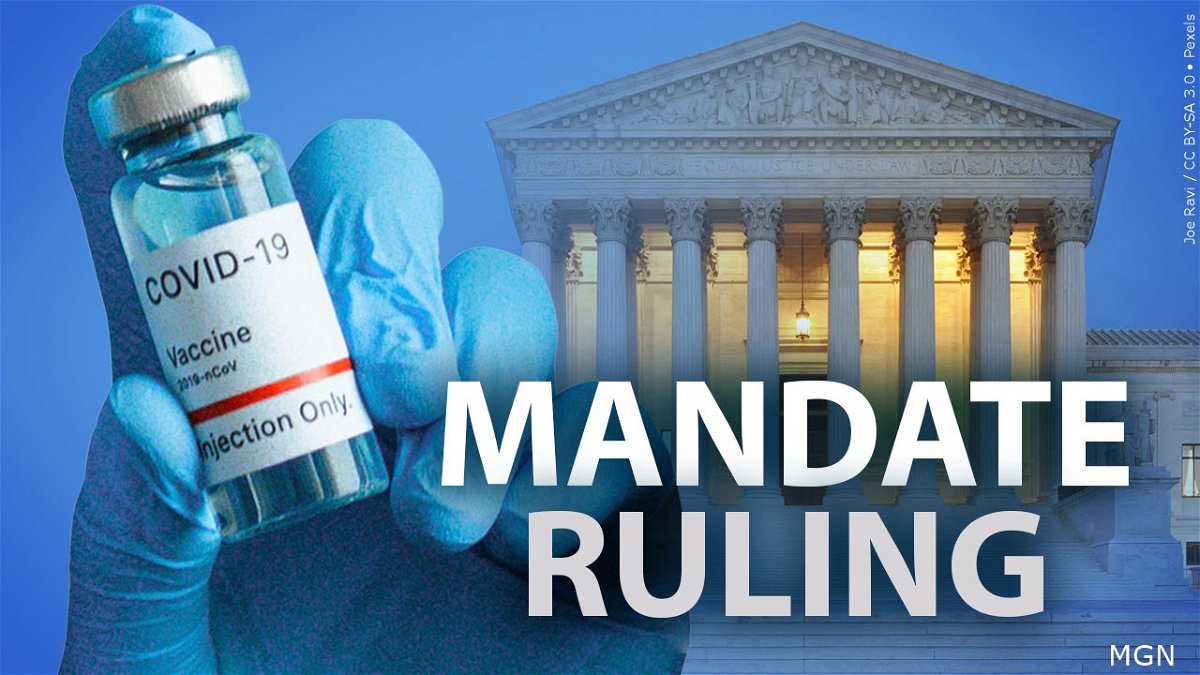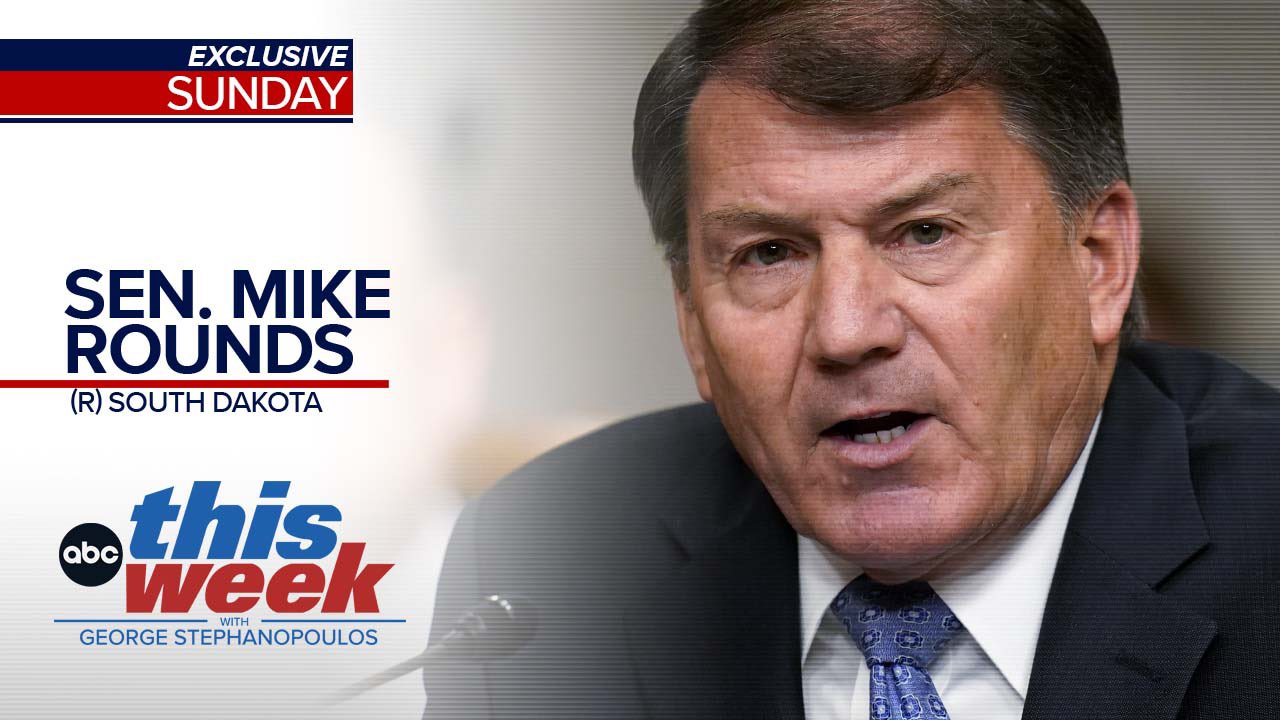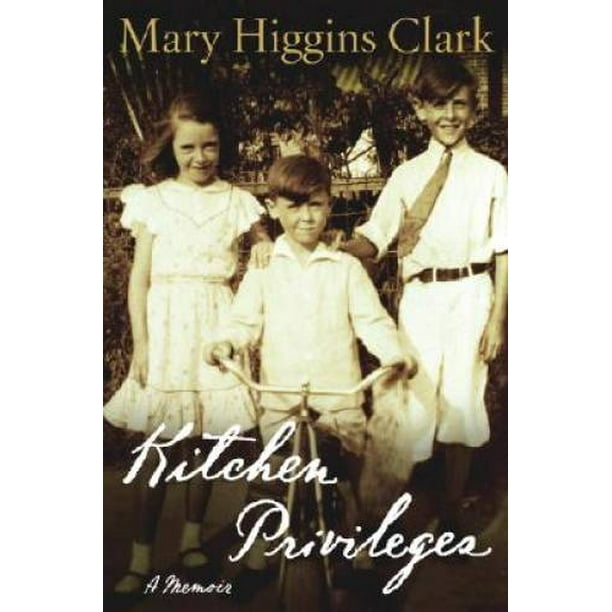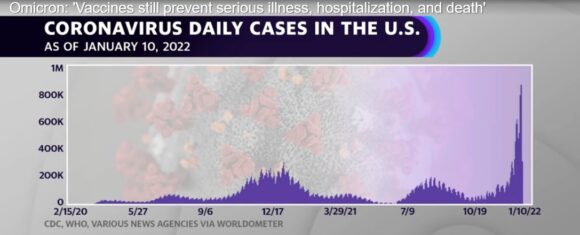
Dear Commons Community,
Brian Rosenberg, president emeritus of Macalester College and president in residence of the Harvard Graduate School of Education, had a provocative essay in yesterday’s Chronicle of Higher Education. Entitled, “This Is the Way the Humanities End,” Rosenberg analyzes a new book, Rescuing Socrates: How the Great Books Changed My Life and Why They Matter for a New Generation, by Roosevelt Montás. Rosenberg references a book review by Louis Menand, who dismisses the notion that “great books” courses are either distinctively important or frequently transformative for the students who experience them. There is passion is what Rosenberg writes. His entire essay is below.
Important reading for anyone concerned about where the humanities are heading!
Tony
——————————————————————–
The Chronicle of Higher Education
This Is the Way the Humanities End
A recent book review by Louis Menand carries the field further along the path to oblivion.
By Brian Rosenberg
January 7, 2022
The title of a new book by Roosevelt Montás — Rescuing Socrates: How the Great Books Changed My Life and Why They Matter for a New Generation — pretty much speaks for itself. Montás, for a decade the director of the Center for the Core Curriculum at Columbia, weaves a compelling personal narrative together with a forceful argument that reading classic texts, even those originating in predominantly white, Eurocentric cultures, is an important opportunity for underserved students of color to transform themselves and transform the inequitable social structures within which they are embedded. To deny those students encounters with the texts that are the pillars of Western thought is to deny them the ability to reshape the way all of us think. “Far from being a pointless indulgence for the elite,” he writes, “liberal education is, in fact, the most powerful tool we have to subvert the hierarchies of social privilege that keep those who are down, down.”
Louis Menand, the Anne T. and Robert M. Bass Professor of English at Harvard, is having none of it. In a New Yorker review of Rescuing Socrates, and of Arnold Weinstein’s only vaguely similar The Lives of Literature: Reading, Teaching, Knowing, Menand dismisses the notion that “great books” courses are either distinctively important or frequently transformative for the students who experience them. He contrasts the generalist model represented by such courses with the specialist model that forms the structure of the modern research university and, while not dismissing generalists altogether, clearly favors the specialists. While some students “are happy to read Dante in translation and without a scholarly apparatus,” this is no adequate substitute for engaging with the Inferno “when you have a whole department of Italian-literature scholars on your faculty.” (Harvard and Columbia happen to have such departments. Most colleges and universities, of course, do not.)
The differences between the perspectives of Montás and Menand, however, run far deeper than their contrasting views of the Columbia core curriculum, and these deeper differences are what make this exchange between two inhabitants of the most rarefied stratum of higher education both interesting and important. Their argument, really, is about the purpose of reading and studying literature, and by extension about the purpose of the humanities in the academy. Montás’s view points to a future in which the academic study of subjects like literature, philosophy, and classics has a place in the modern university; Menand’s carries us further along the path to oblivion upon which those disciplines seem already to have started.
Menand’s fundamental critique of Montás and Weinstein, and of the beliefs they represent, is captured in several passages that have been rattling around in my head like a song that has become an earworm. Here is the first:
“The idea that students develop a greater capacity for empathy by reading books in literature classes about people who never existed than they can by taking classes in fields that study actual human behavior does not make a lot of sense.”
Had this statement been uttered or written by a member of the state Legislature in Florida or by a fellow at the American Enterprise Institute, it would barely have caught my attention. It was, however, written by a professor of English at Harvard whose job it is to teach and write about “people who never existed.” In that context it is an eye-catcher. Menand seems to be saying that it “does not make a lot of sense” to presume that students can develop a greater capacity for empathy — or, one assumes, a greater capacity for traits like, say, tolerance, resilience, and courage — by studying make-believe people than by studying actual people. If a “greater capacity for empathy” is your goal, why bother with King Lear when you can spend some time with your grandfather? Why read Crime and Punishment when you can sit in a courtroom? Why read Beloved when you can take a course on the history of slavery in the United States?
This is the kind of stuff that gets English departments defunded.
Why read “Beloved” when you can take a course on the history of slavery in the United States?
Whether reading literature cultivates empathy has been a subject of much study and debate over many centuries, but this much seems incontrovertible: Such reading enables us to see things of meaning and importance that we miss in the world around us and for a time to experience that world from a perspective other than our own. One of the purposes of studying literature is to tease out and explore how this happens. Here is Robert Browning, in the dramatic monologue “Fra Lippo Lippi”:
we’re made so that we love
First when we see them painted, things we have passed
Perhaps a hundred times nor cared to see;
And so they are better, painted — better to us,
Which is the same thing. Art was given for that;
Or Pablo Picasso: “Art is a lie that makes us realize truth.”
Or Anaïs Nin: “It is the function of art to renew our perception. What we are familiar with we cease to see. The writer shakes up the familiar scene, and as if by magic, we see a new meaning in it.”
Artists and literary theorists from the Romantic poets to the Russian formalists have expressed similar ideas, captured sometimes by the term defamiliarization: the belief that art can make the familiar strange and thereby allow us to see and understand the quotidian world in new and deeper ways. What happens in a psychology or sociology course is something quite different: not a making of the familiar strange, but a rendering of the familiar more comprehensible through scientific methodology. Both forms of understanding are important, but the existence of the latter does not, as Menand suggests, render the former irrelevant or senseless. Studying Maslow’s hierarchy of human needs does not lessen the value of or substitute for reading Dostoevsky.
Earworm No. 2: In the view of Montás and Weinstein, Menand writes,
the instructor’s job is not to give the students a more informed understanding of the texts, or to train them in methods of interpretation, which is what would happen in a typical literature- or philosophy-department course. The instructor’s job is to help the students relate the texts to their own lives. For people like Montás and Weinstein, it is also to personify what a life shaped by reading books like these can be.
To say that Menand is dismissive of this view is something of an understatement. “What qualifies a man like Arnold Weinstein,” he writes, “who has spent his entire adult life in the literature departments of Ivy League universities, to guide 18-year-olds in ruminations on the state of their souls and the nature of the good life?”
Menand is setting up a transparently false alternative. Teachers of literature need not choose between training students in methods of interpretation or helping them relate texts to their own lives. The good ones do both, and in fact it is hard to see how one could help students relate literary texts to their lives without also guiding them toward “a more informed understanding” of those texts. The study of literature is, or should be, rooted in careful attention to the text; that attention can lead many places, including to a fuller understanding of the self.
Studying Maslow’s hierarchy of human needs does not lessen the value of or substitute for reading Dostoevsky.
Montás understands that the overwhelming majority of college students in the world are not situated within the Ivy League and are not sitting in a literature classroom chiefly to learn methods of interpretation or critical theory. They are there — in steadily decreasing numbers — either because they are compelled by some distribution requirement or, yes, because they want to encounter what Nin calls “new meaning” and wrestle with the big, existential questions that Menand simply dismisses as “ineffable.” Students from underserved populations, Montás finds, “do not take [serious contemplation of existential issues] … to be the exclusive privilege of the social elite. In fact, they find in it a vision of dignity and excellence that is not constrained by material limitations.”
Earworm No. 3:
The university is a secular institution, and scientific research — more broadly, the production of new knowledge — is what it was designed for …. Humanists cannot win a war against science. They should not be fighting a war against science. They should be defending their role in the knowledge business, not standing aloof in the name of unspecified and unspecifiable higher things.
Humanists, that is, are not engaged in exploring concepts that lie beyond the parameters of science. They are, rather, in “the knowledge business,” though it is difficult to see what the scientifically valuable products of that business happen to be. Judged by this standard, it becomes much more important for a professor of English to publish an article on some previously unnoted linguistic pattern in Dickens than to help an undergraduate relate to and learn from the personal struggles of Pip or David Copperfield. The first is knowledge production, though of less than obvious value; the second is certainly not. (The first will also help you get tenure at a research university; the second most definitely will not.)
And, finally, Earworm No. 4:
Reading Weinstein and Montás, you might conclude that English professors, having spent their entire lives reading and discussing works of literature, must be the wisest and most humane people on earth. Take my word for it, we are not.
I do take his word for it. (Having been chair of an English department for five years, I really take his word for it.) But Menand is missing the point. Montás does not claim that reading Plato or Augustine makes you better or wiser than other people; he claims that it might make you more aware of your own nature than you were before and better equipped to understand your struggles and aspirations within the broad context of what others have thought and felt — that it provides you with a sense of “self-worth and self-respect.” Perhaps it will make you better and wiser. There are no guarantees, but there is hope, which is why we keep teaching these books to young people who will never publish an article in Studies in Philology.
In sum: Montás believes that engaging with important and complex texts can expose us to ideas to which we do not typically pay attention in daily life; that those texts can inspire personal growth and transformation; and that the humanities constitute an approach to the world that is in many ways obstinately unscientific. This leads not to a belief in one’s wisdom or virtue but to questions like the following: “To what extent do my material advantages, my professional accomplishments, my social privileges depend on the exploitation, marginalization, and exclusion of others? … To what degree do I live a compromised life?” This seems much closer to a sense of humility than to a sense of superiority.
Menand argues that people who “never existed” are less likely to instruct us than those who did, that engaging with literature is not about personal transformation or growth but about learning methods of interpretation, and that humanists are, or should be, in the business of “knowledge production”: all of which inspires the following question. Why “study” literature at all if it has less value than studying people who actually existed, if it doesn’t carry the potential for personal transformation, and if it doesn’t offer an essential alternative to a world shaped by scientifically verifiable expertise? The answer, probably, is that one should not bother. By all means, read a novel or attend a play, but don’t spend time in an English course unless you have the rather quixotic dream of becoming an English professor.
The reality, of course, is that most people teaching the humanities in American higher education are out of necessity closer to Montás’s model than to Menand’s. Most are forced by staffing levels and the nature of their institutions to be generalists; most are teaching students less interested in methods of interpretation than in drawing personal meaning from their education; most have little time to be in the business of knowledge production. But the diminution of the importance of that work and of its transformative potential is dangerous coming from an influential voice in an influential publication: not dangerous to places like Harvard or Columbia, where there will always be departments filled with specialists, but to the many colleges and universities whose humanities faculty members face regular challenges to their relevance.
In the end Menand’s essay, witty and well written, is deeply dispiriting.
In the end Menand’s essay, witty and well written, is deeply dispiriting: It acknowledges the shrinking role of the humanities within the university, the broken system of graduate training, the absence of traditional academic jobs, and — well, the best I can say is that it shrugs. “An academic discipline is a big ship to turn around, especially when it is taking on water.” Fair enough. Montás’s approach — to move the humanities away from hyperspecialization and critical theory, and toward a meaningful encounter with a new, very different generation of students — might be idealistic, but it reflects, I believe, the sort of idealism that drew most teachers of the humanities to their disciplines in the first place. It is an attempt to begin turning the ship around before it sinks.
The good news: Those legislators across the country who are ready to do away with the humanities are not the target market of The New Yorker.











